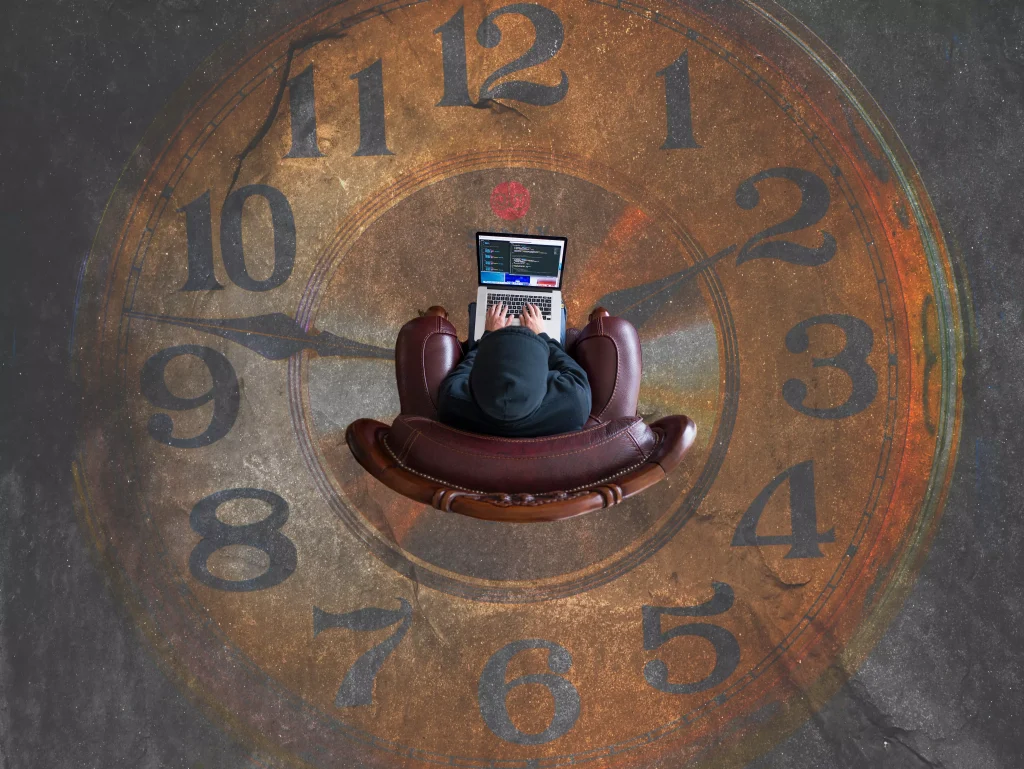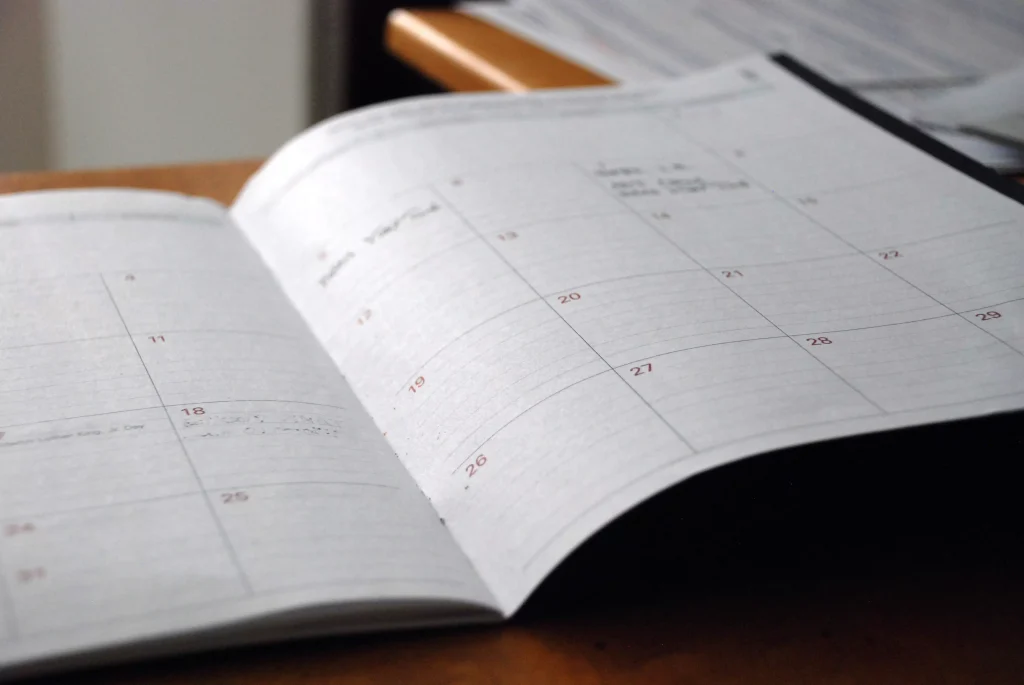Everyone could use good time management skills when there are urgent tasks and important tasks to be done. A common problem people face is that they take uneven breaks or not-so-regular breaks and delegate tasks where they do not monitor their stress management and therefore lose too much time. The key is to manage distraction and make smart goals, after which you make easy steps in specific tasks and activities to achieve those goals and spend less time procrastinating.
Find the right place for short breaks, maybe between meetings take a short walk, or something similar. Keep in mind that it is important to know the use of time, and make specific time blocks where you will achieve your priority tasks. Set weekly priorities for your most important things and use your free time wisely. Set boundaries and do a brief check once in a while of your list of goals.
Best practices also include taking immediate action, especially during productive hours. The goal at the end of this guide is to develop organizational skills and different time management techniques, after which you will be able to do creative work while maintaining focus on a typical day.
If you have a daunting task that requires the rarest skills, such situations also require a small step to be taken. Start with the common use of the workforce skills and build upon the skill set through previous work, key questions and the before said goal you set.
This was just, in brief, some of the most important things. Consider the following steps if you want to improve your time management.
How To Improve Your Time Management Skills?

So, what is the greatest way for individuals to train themselves to be better time managers? To do so, you must first choose where you want to concentrate your efforts.
The only way to really answer this question is to dig further into your present skill levels. There are three things you can do to get your development efforts off to a good start.
Develop Awareness Skills

According to Emily Ballesteros, a burnout management consultant, before you start replying to emails, take a few moments to check in with yourself. Learning to be more alert. Effectiveness differs from efficiency in that effectiveness is concerned with doing things effectively while efficiency is concerned with doing things quickly. Both are essential. Pursuing efficiency for the sake of efficiency is ineffective.
Find out when you’re at your best. Divide your usual day into three to four-time slots and rate them from most to least productive over the course of a week (most productive is peak performance).
Treat your time as though it were cash. Make a time budget that shows you how you spend your time over the week. Sort time into fixed (or “must-do”) and discretionary (or “want to do”) categories.
Try setting a timer. Rather than keeping track of how much time you have left, keep track of how much time you’ve spent on assignments with strict deadlines.
Examine your ability to estimate time in a realistic manner. After you’ve completed a job, assess how long you anticipated it would take against how long it really took.
Take a look at things from a “future time viewpoint.” Consider how the work you’re performing now will benefit or hinder you in the future (for example, how will today’s project tasks affect next week’s tasks?).
The “sunk cost fallacy” should be avoided. When you suspect you’re wasting time on an activity, take a step back and assess its significance (e.g., how useful is the output, who will be impacted whether it’s completed or not, etc.).
Develop Arrangement Skills

Marie Poulin, a workflow specialist, spends some time on Sunday nights planning out her workweek. Developing your arranging abilities. Unfamiliar yet critical jobs have higher learning curves and more unpredictable time constraints. It’s not about arranging your job to better govern your life; it’s about taking control of your life first, then structuring your work around it. Consider the Pomodoro Technique, which explains how to break down work into intervals.
Prioritize your activities and responsibilities. Simply listing your tasks, to-do lists, and meetings isn’t enough.
The “mere urgency effect” should be avoided. Urgency and significance are two notions that are linked but distinct: urgent activities demand an immediate response, but important tasks have more substantial and long-term repercussions. Prioritize the tasks that are both urgent and vital.
Make use of a calendar application. Keep track of due dates for tasks and appointments — and do so as soon as they’re scheduled or requested. Entries should be labeled or color-coded (e.g., work, school, life, etc.).
Make time aside for yourself. Make appointments with yourself on the calendar to guarantee that you have uninterrupted time to work on your most critical assignments.
Reduce the number of underestimating mistakes. When making plans, get input from a third party on your estimated time needs.
Half-sized objectives are a good option. Set a less difficult version of the objective if you’re having trouble achieving a goal that appears too demanding.
Develop Adaption Skills

Developing adaptability abilities. These abilities are put to the test and refined in circumstances that naturally include great pressure and, in some cases, crisis — the challenge is to remain calm, composed, and focused in such situations. At a commencement speech at the University of Georgia, it was said that people must be aware that there are also detriments of multitasking, so be careful.
“Habit stacking” is a good option. Connect your time management practices to the ones you already have (e.g., track daily progress every evening when you sit down for dinner).
Short bursts of effort should be used. When activities appear daunting, give them your all for 15 to 30 minutes at a time to prevent procrastinating.
Try out some time-tracking or checklist applications. When employing these technologies, keep in mind that the gain must outweigh the expense. The benefits should outweigh the time invested in the app.
Don’t be a “miser of reminders”. Reminders should include lengthy explanations or descriptions rather than just one or two phrases that don’t adequately convey the task’s priority, desired quality, and so on.
Make backup plans in case anything goes wrong. When describing the probable results of your goals, consider the best and worst-case situations.
Make an effort to eliminate time wasters. Make do-not-disturb times and social media sites off-limits during important work hours.
The Bottom Line

Why does good time management remain such a persistent, recurring aim for so many of us during this season of personal reflection? The irony is that in order to enhance time management — to prioritize our developmental efforts — we must become better time managers of our own activities.
This road starts with a shift away from the seductive short solutions and toward evaluating and improving our core time management abilities before another new year’s resolve fails.
Read more articles in the Lifestyle Category
